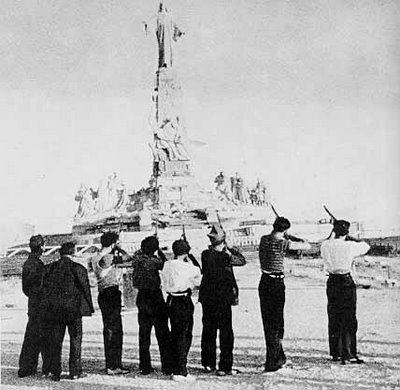Parish of Saint Mary
Norwalk, Connecticut
Brethren, I make known unto you the Gospel which I preached to you, which also you have received and wherein you stand, by which also you are saved, if you hold fast after what manner I preached unto you, unless you have believed in vain. For I delivered unto you first of all, which I also received. (I Cor. 15: 1-2)
To receive and to pass on. That is the essence of what the Catholic Church means by Tradition with a capital T. We are not a people of the Book, like Islam, the basis of which faith is entirely the Koran. And there are Protestant Christians who are also people of the Book, but their book is the Bible. And for them the whole faith is contained in the Bible and the purpose of study is to constantly read and examine and analyze the text of the Bible. That this foundation is shaky should be obvious: for the original languages of the Bible are Hebrew and Greek, and therefore every translation is subject to that fundamental dictum that translation always involves in a sense a betrayal, for every translation bears the marks and prejudices of particular people and of a particular culture. There is no total objectivity in translation and in a faith like Christianity that insists that the ultimate truth is found in the person of Jesus Christ whose words are recorded in the gospels this problem is acute. But we Catholics have always believed from the very beginning that what has been handed down, the Tradition, is not merely what is recorded faithfully in the Bible, especially in the New Testament, but also includes the oral tradition handed down from Jesus to the Apostles and to the Church.
But it goes deeper than this. For the Catholic, the Tradition is a living entity. It grows and develops under the power and protection of the Holy Spirit. If this were not true, then the Church could never confront in a real and faithful way the new challenges of every age. And it is the magisterium of the Church, the Pope and the bishops, who are entrusted with the authentic passing down of the Tradition. But this is not magic. It is not the case that the bishops and the Pope can be personally inspired apart from the authentic Tradition and declare things that claim to be true that are obviously in contradiction with what has been handed down organically for two thousand years. In accordance with the narrow definition of papal infallibility as defined by the First Vatican Council, the Pope can define only what has been believed and is believed by the Church. He can never define anything as true and to be believed that does not have its roots and basis in the Tradition of the Church that always precedes him.































